S Korea warns North not to repeat armistice violation
Seoul has warned Pyongyang against violations of an armistice agreement between the two sides, several days after North Korean border guards shot and seriously wounded a fellow soldier as he defected across the border into the South.
South Korean Defense Minister Song Young-moo said Monday that the North’s troops committed several violations of the agreement that ended the 1950-53 Korean War during the shooting incident, and that it must not do so again.
“Shooting towards the South at a defecting person, that’s a violation of the armistice agreement. Crossing the military demarcation line (MDL) is a violation. Carrying automatic rifles (in the Joint Security Area), is another violation,” Song said.
Some two weeks ago, the 25-year-old North Korean soldier, identified by his surname Oh, defected to the South by crossing the heavily-protected Demilitarized Zone (DMZ) separating the two Koreas.
The North Korean military opened fire as he was trying to escape. The defector was critically wounded, but managed to cross the border. He was later found by South Korean soldiers under a pile of leaves.
Oh is now in a stable condition after undergoing operations to treat his wounds.
The South Korean defense chief issued the warning during a visit to the DMZ, where he commended the soldiers for saving the North Korean.

The North has not publicly responded to the defection at the sensitive border; however, South Korean lawmaker Kim Young-woo said Pyongyang has replaced nearly all the soldiers along the frontier.
North Korea has reportedly replaced its border guards, dug a trench and planted trees to further fortify the border.
The defection of a North Korean soldier comes at a time of heightened tension on the Korean Peninsula.
North Korea is under all sorts of politico-economic pressure by the international community to stop its nuclear and missile programs. Pyongyang has, however, resisted the mounting pressure, voicing its deep distrust of its enemies.
Pyongyang says it will not stop the development of its nuclear and missile programs as a defense mechanism against potential foreign aggression.
Latest ballots polls show Harris, Trump tied as voting continues
UNRWA warns of humanitarian collapse in Gaza
'Hello my enemies': Lebanese journalist on Israeli threats and his resolve to continue
Outrage in France as MP proposes bill to ban criticism of Israel
VIDEO | The strategy of Hezbollah in war
Israeli military withdraws several brigades from southern Lebanon: Report
48-year-old Palestinian man serving 48 life terms completes 22 years in Israeli jails
From MKO to Tondar, how Germany became safe haven for anti-Iran terror groups


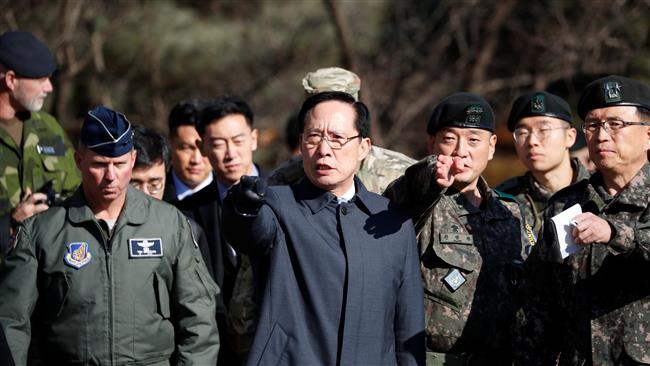
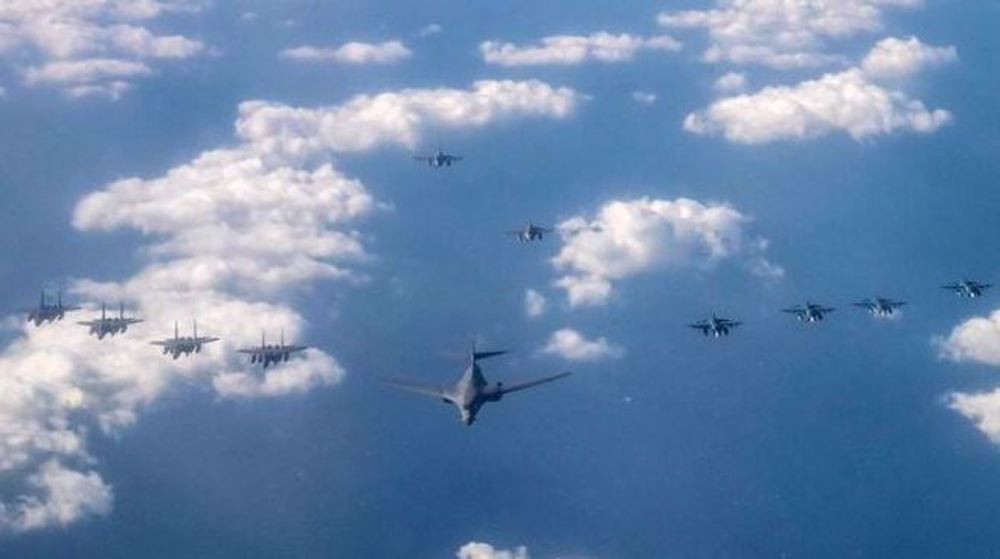
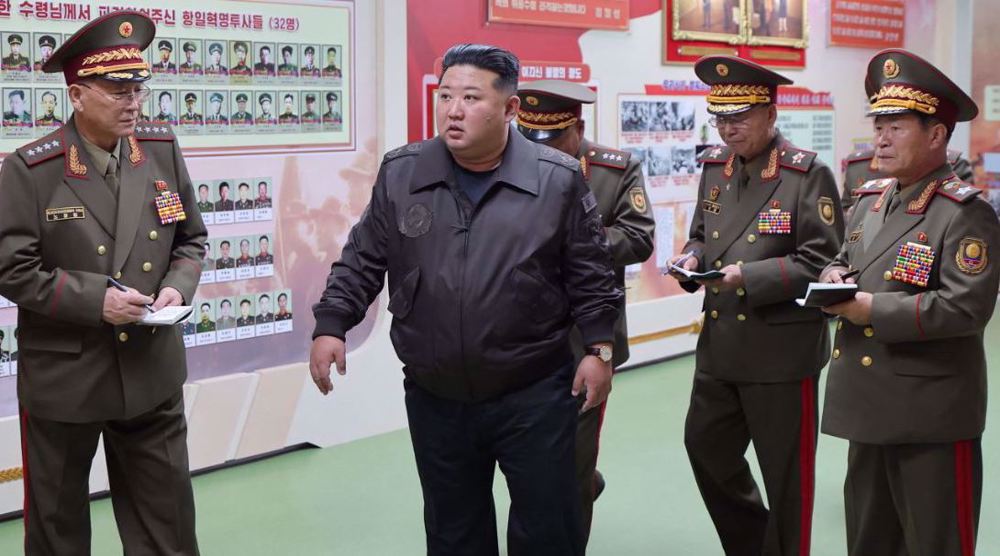
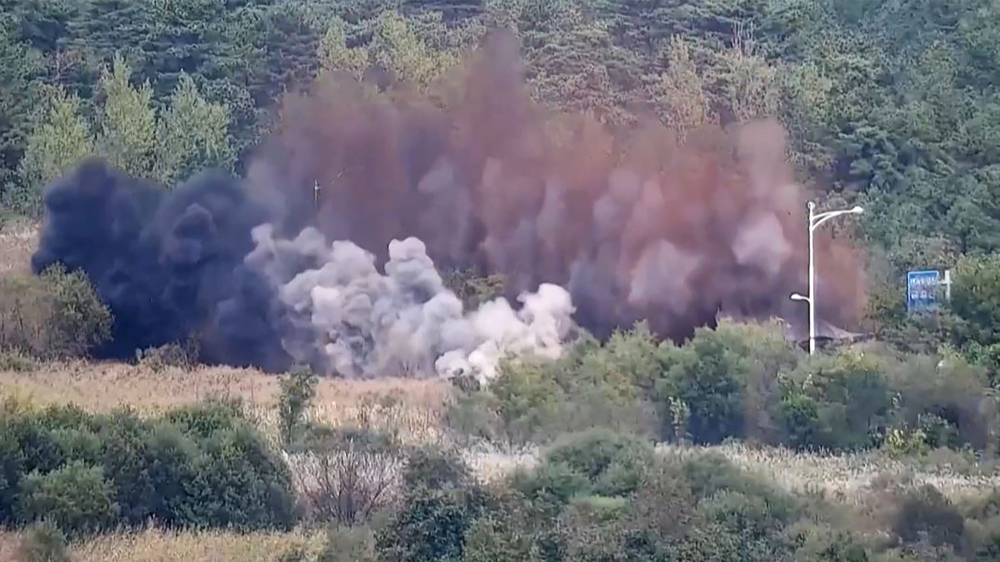





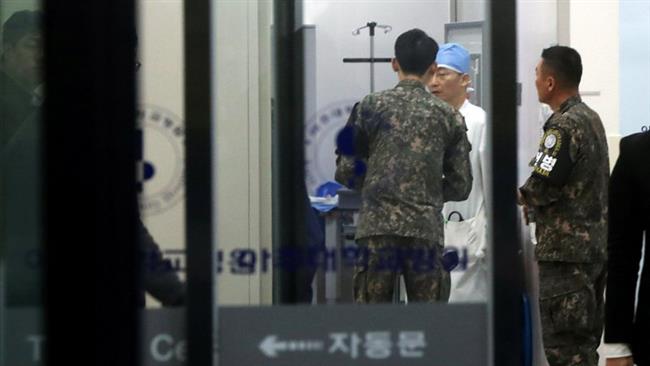



 This makes it easy to access the Press TV website
This makes it easy to access the Press TV website